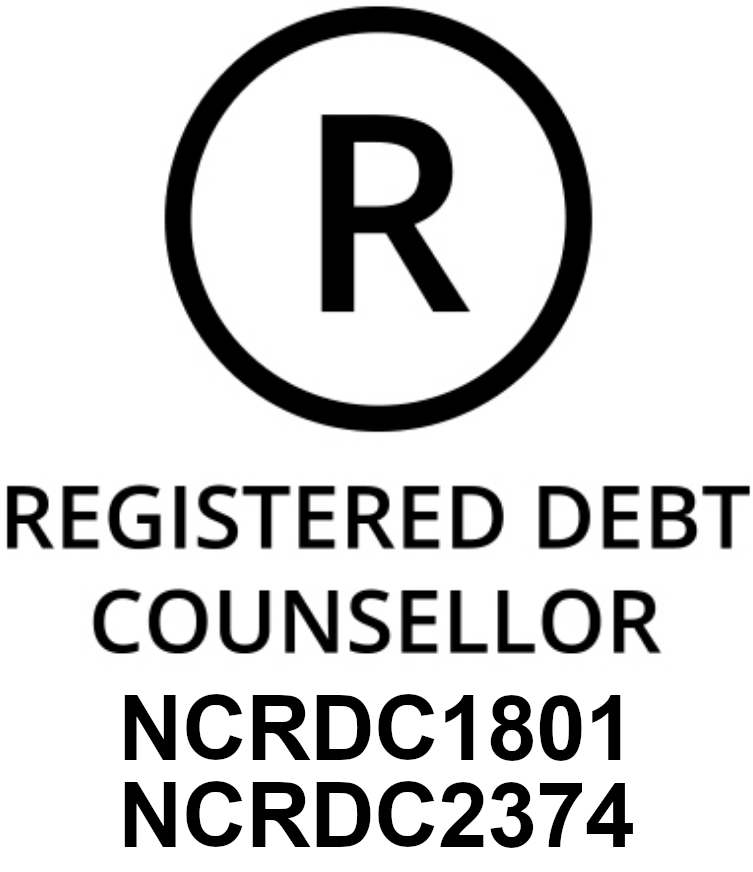Investing for income in the current low yielding environment is not easy. However, it is possible to get a decent return on your money if you do your research and choose the right investments says Angelique Ruzicka.
Some companies may offer you higher than average yields but not all income funds or investments are right for you and your portfolio. With some, the risk may be too high and you could end up with no income and also lose your capital.
Follow these 12 rules to ensure that your funds are optimally invested:
1. Use the risk-free rate as a guide
“The risk-free rate is normally the yield on government paper for the comparable period. Once you have established what the risk-free rate is, it is easier to assess if additional yield is worth the additional risk. Where a risk appears above where it should be relative to the risk return spectrum do not invest,” advises Sean Segar of Nedgroup Investments.
John Field, CEO of FedGroup, adds: “You have to get the right balance of income and growth. There is no such thing as a risk-free investment but the risk has to match our circumstances. Look at the reputation of the product supplier and find out if the company is regulated before you invest.”
2. Diversify Your Investments
Diversification is key to reducing risk and maximising returns. South African investors have access to a variety of asset classes, including stocks, bonds, real estate, and commodities. Investing across these sectors can protect your portfolio from volatility in any single area.
3. Understand what you are investing in
Segar advises that when investing in an interest paying instrument or unit trust portfolio you should ensure you take the following steps:
- Understand if the rate quoted is effective or nominal, and if it is net or gross of fees.
- Ensure costs are reasonable. Income type funds are typically cheaper than equity and balanced funds.
- Review the investment mandate to ensure that this does not permit investment in instruments you are not comfortable with. For example some income funds are permitted to invest in property, preference shares, offshore, non-investment grade credit, very long dated bonds, all of which offer generous yields but come with a higher risk of capital fluctuations.
- Avoid fads and look beyond the marketing message.
- Understand the regulatory environment of the product and the issuer.
4. Make use of pooled income funds
Pooled investment funds are convenient and offer several advantages, says Segar. These include spread of counterparty credit risk, the ability to invest in longer dated instruments at higher yields while still having easy access to funds , minimum investment amounts are relatively low and fees are generally low. Unit trusts are also regulated.
5. Make use of Tax-Advantaged Accounts
South Africa offers various tax-advantaged investment vehicles, such as Retirement Annuities (RAs) and Tax-Free Savings Accounts (TFSAs). Utilizing these can significantly enhance your investment's growth potential by minimising tax liabilities.
6. Make sure you can access your money
If you have no other investments that you can draw on in the event of an emergency don’t lock your funds away even if the rate being offered to you is very enticing.
“It is tempting to earn higher yields by fixing investments for a set term, however should you for some reason need to draw on such funds there are likely to be penalties,” warns Segar.
7. Match income payment dates to your needs
Some investments only pay out every six months or at the end of the investment term, which may not suit your needs.
Need debt counselling or consolidation?
Explore DebtBusters' solutions for reducing your interest rates and unlocking cash.
Find out more“Ensure that the frequency of the income distributions of the investment is in line with your needs. It will create unnecessary administration and even penalties should you have to tap into the investment to fund cash flow requirements. On the other hand, should an investment distribute income more frequently than you require, reinvest this income rather than draw it unnecessarily. This will allow for compounding of returns,” says Segar.
8. Don’t leave cash on one-day call unless you might need it in one day
Ensure you are not sacrificing potential yield for the luxury of having immediate access to your funds, if you don’t need them. “The yield on daily call monies is lower than that on funds placed on term and cash should be put to work until it is required to be deployed,” says Segar.
9. Don’t be too conservative
“Most people can afford to take on an element of risk for which they will be rewarded through higher interest rates. Understand your level of risk tolerance and apply it,” says Segar.
10. Consider the implications of tax
Interest is taxable as are capital gains. “However, there are both annual interest and capital gains exemptions available to individual tax payers. Utilise such tax allowances before investing in tax structured products. Retirement annuities and preservation funds offer a total shield against all taxes on interest and capital gains made within such structures,” points out Segar.
11. Remember the power of compounding
“This applies both to the length of time funds are invested and to the interest rate achieved which drive growth. To maximise the power of compounding re-invest distributions where possible,” says Segar.
12. Consider the effects of inflation
Inflation is the enemy of the investor and can make investing like paddling upstream. “If yields are lower than inflation then real returns are not being achieved and the investor is effectively going backwards. Do not remain in income investments that do not generate a real return for too long in order to minimise wealth erosion,” says Segar.
13. Get the right advice
The old adage of ‘if it sounds too good to be true, it probably is’ should always be applied when you look at financial products. Too many people have been scammed by those promoting what is no more than a pyramid scheme.
Field recommends that investors seek the help of a professional financial advisor. “Some people say consultants are expensive, but it’s not as expensive as losing all your interest or capital,” he says.
14. Don’t put all your eggs in one basket
Field warns investors to be cautious with their money and not invest in one sector or share for income. “If you invest in shares don’t just invest in one company. Ask your broker to invest your money in four to five companies that have a history of offering solid dividends. Don’t just stick to one sector; invest in four to five of them. The whole market can go down but once it corrects it can come right again,” explains Field.
In conclusion, optimising your investments in South Africa requires a strategic blend of diversification, informed decision-making, and consistent action. By understanding the local investment landscape and leveraging available financial tools and resources, you can set a strong foundation for financial growth and security.





